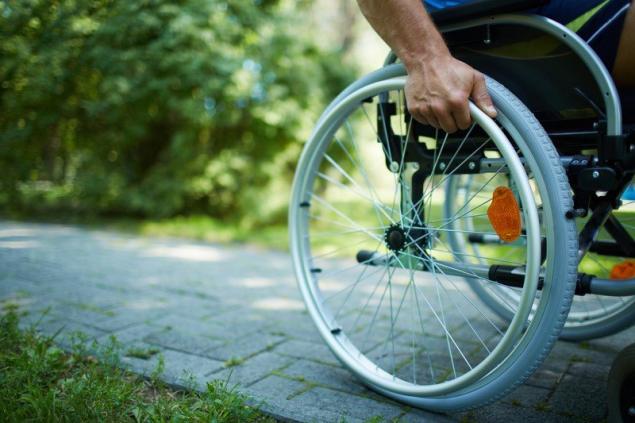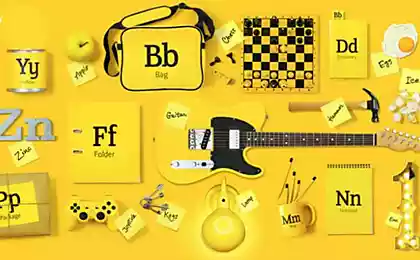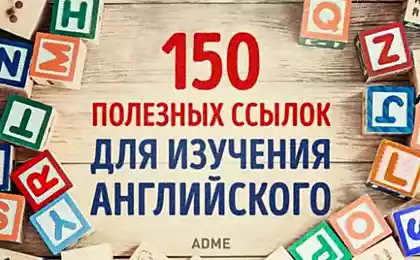171
A selection of common modern words
In the twenty-first century, life is changing so rapidly that just have time to follow. New technologies, a new way of life and even new words in everyday life. Every year there are more and more terms that are designed to describe modern realities as accurately as possible. However, they do not immediately come into use, and many simply do not understand what a modern word means.

Today's edition. "Site" It introduces you to new modern words and explains their meaning.
New words in Russian
These new words appeared not so long ago, but now they are relevant and describe important public problems. And they may sound unusual, but you still need to understand them. Learn them today so you won’t be ashamed tomorrow.
It is not enough to know newfangled words, it is important not to make old mistakes. Earlier, we talked about what mistakes in Russian are absolutely unacceptable.
We also learned how to write and speak.
And they make a selection of insidious words that can mislead you with their stress.
Have you learned modern words yet? Which ones do you use in your everyday speech? Tell me in the comments.

Today's edition. "Site" It introduces you to new modern words and explains their meaning.
New words in Russian
- bodypositive
This term is not so new, many are already familiar with it. However, most people misinterpret its true meaning. Some believe that body positivity implies the praise of excess weight and ungroomed appearance. It is a call to accept the body as it is and not to judge the bodies of others. The goal of the body-positive movement is not to promote excess weight, but to remind that in addition to thin and tall models, there are many people in the world with other shapes, height and size of clothes. And that this is no reason to feel uncomfortable in your body and try to fit it to some beauty standards.
- bodyshaming
I think a lot of people have faced it, just didn’t call it that. The direct meaning of this term is “to be ashamed of the body.” The tallest girl in the class, a lump, a boy with freckles - external features often become the subject of ridicule and even bullying. If a person is judged, ridiculed for any features of appearance, this is bodyshaming.
- Harassment
Recently, the term has become more commonly used and known, especially after the Hollywood scandals. Many people only mean harassment at work, but this is not entirely true. In fact, the term describes any behavior that violates privacy. For example, a colleague spreads unpleasant rumors about you or shows your personal photos without permission. Or the boss makes dirty and stupid jokes about women. It's all harassment, too.
- victimblaming
The direct translation of this word is “accusation of the victim”. When an incident occurs, the fault should lie with the person who committed the criminal act. For example, your wallet was stolen, you are the victim of this incident. If someone begins to say that the wallet was in plain sight and this provoked the thief, it is victimblaming.
- Lucism
Lukism means that a person is judged based only on his appearance. The term is new, but the phenomenon has existed for a long time. Even in children's fairy tales there is lukism: the witch is necessarily scary and old, and the princess is always beautiful and kind. In life, everything is much more difficult and wrong to draw conclusions based only on the appearance of a person.
- cisgender
Nothing like that, a very common term that describes people whose biological sex is the same as their gender. For example, you were born a man, you are comfortable in your body and you are quite consistent with the characteristics of your gender. That's cisgender.
- Ableism
Few people know this term, but this problem is quite acute. Ableism is the discrimination of people based on physical abilities. When people with disabilities are attributed to negative character traits or lack of intellectual ability. Many countries are fighting this problem by creating jobs for people with disabilities, equipping transport and cities in general to make it more convenient for people with disabilities. This is a good trend, but the problem is still relevant.
- Ageism
Another form of discrimination, just by age. Prejudice towards older people is an equally important and common problem. It exists in different areas: starting with a job and ending with a romantic relationship. Stereotypes about the elderly, ignoring their needs is all ageism.
- Toxicity
The word itself is not new, but it has taken on a new meaning. It describes people’s relationships when one person poisons the life of another, demanding emotional service and giving only reproaches and accusations in return. Now it is fashionable to use this word in relation to any rudeness, but this is not entirely true. If you’ve been bullied in a store, the seller isn’t toxic to you, because you don’t have a long-term relationship. Toxicity concerns regular and close communication. If the same seller constantly insults his family and colleagues, then he can already be considered toxic.
We recently talked about what toxic parents mean and how to deal with it.
- Abuse
As with toxicity, the term is commonly used and not always correctly. In English, this word translates as “abuse”. The term refers to violence within a close relationship. Psychological pressure, physical abuse, depreciation - it's all an abuse. This term is correctly used when it comes to close relationships, most often unequal. For example, parents and minor children, a wife on maternity leave and a husband who controls all the money. Conflicts with strangers are wrong to call abiza.
These new words appeared not so long ago, but now they are relevant and describe important public problems. And they may sound unusual, but you still need to understand them. Learn them today so you won’t be ashamed tomorrow.
It is not enough to know newfangled words, it is important not to make old mistakes. Earlier, we talked about what mistakes in Russian are absolutely unacceptable.
We also learned how to write and speak.
And they make a selection of insidious words that can mislead you with their stress.
Have you learned modern words yet? Which ones do you use in your everyday speech? Tell me in the comments.


































